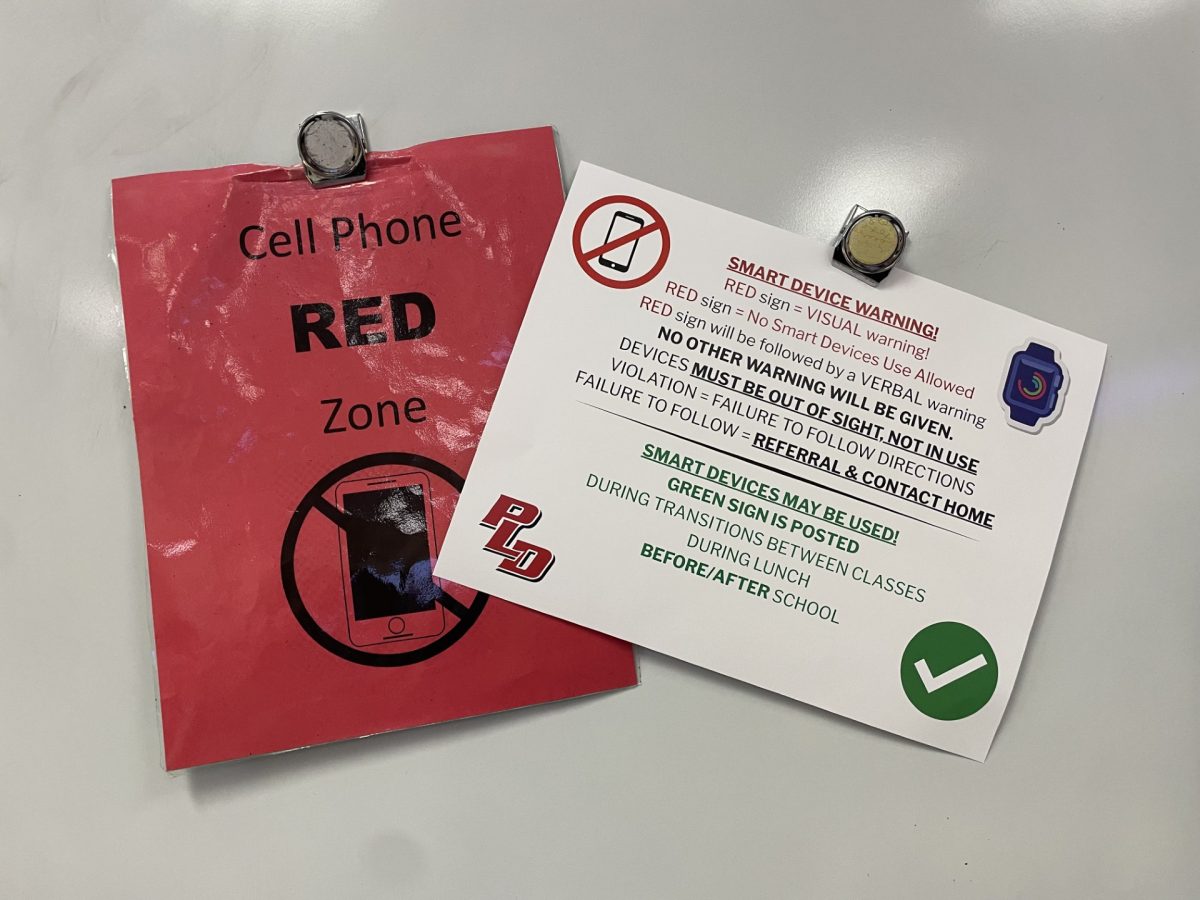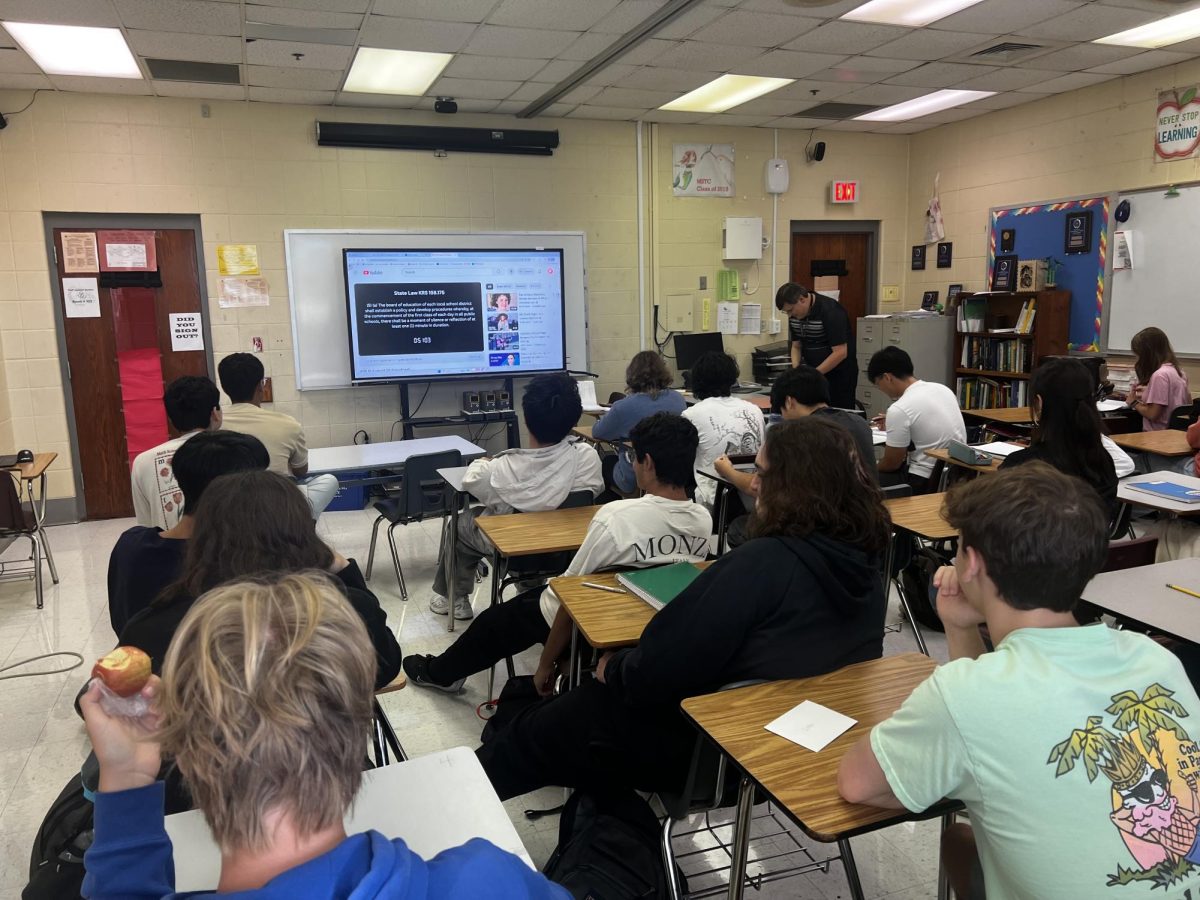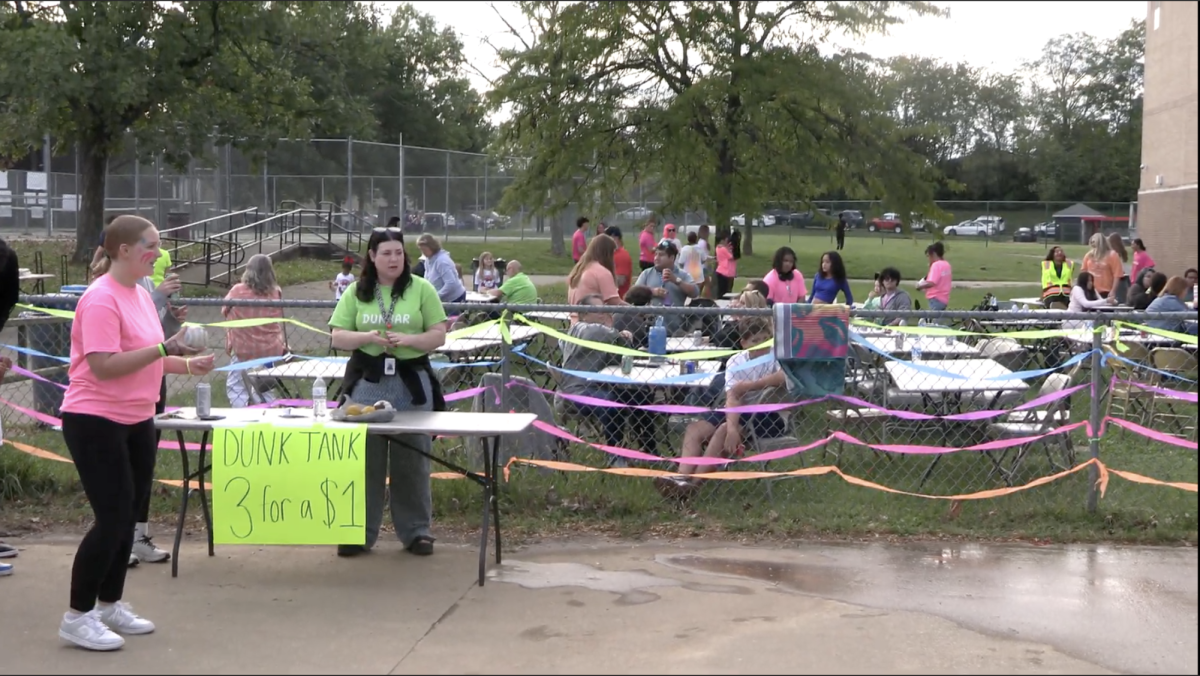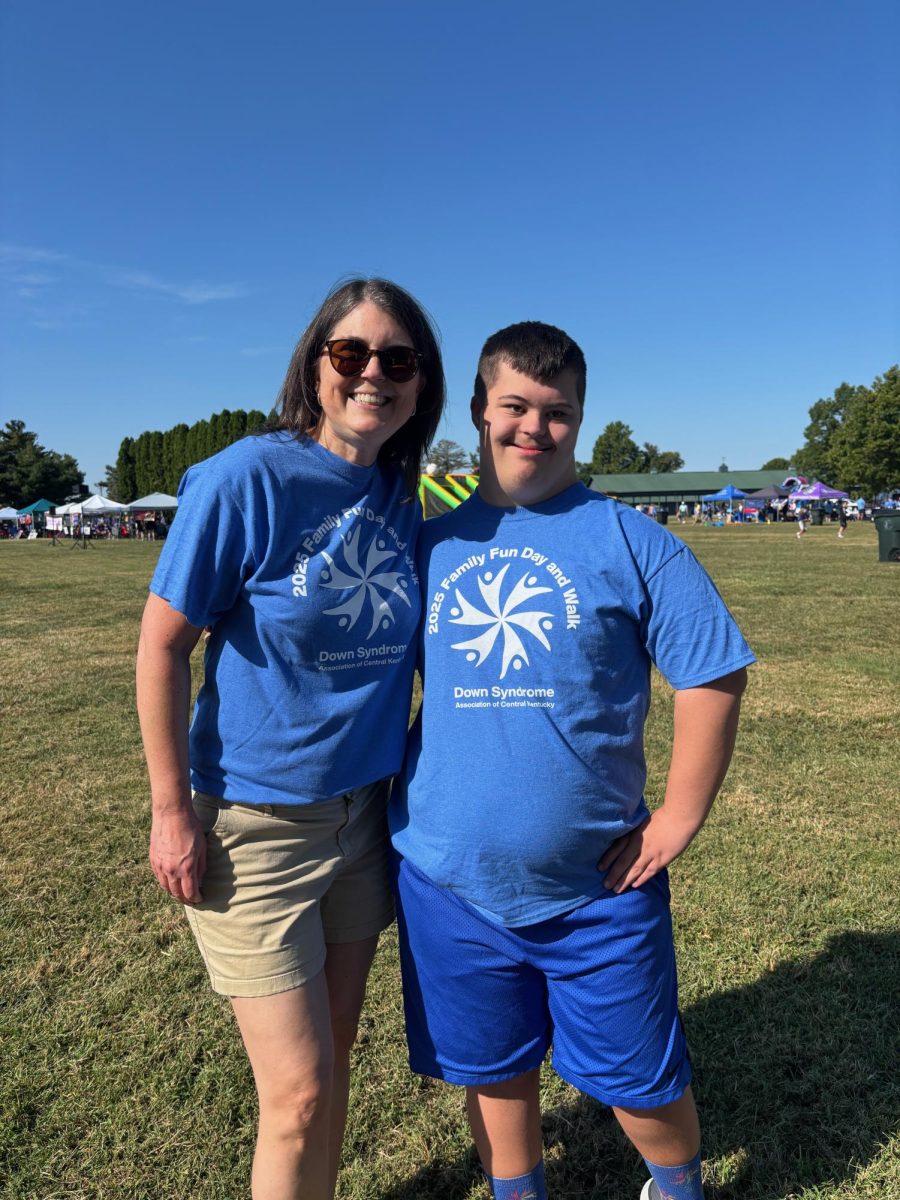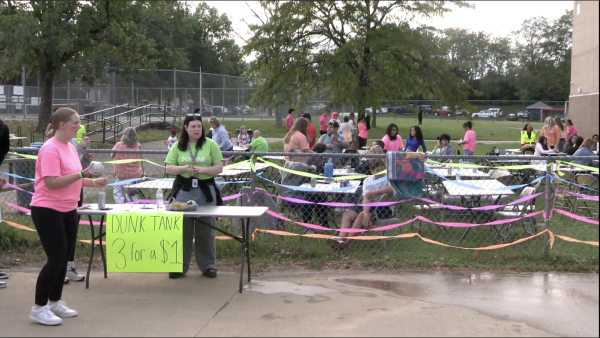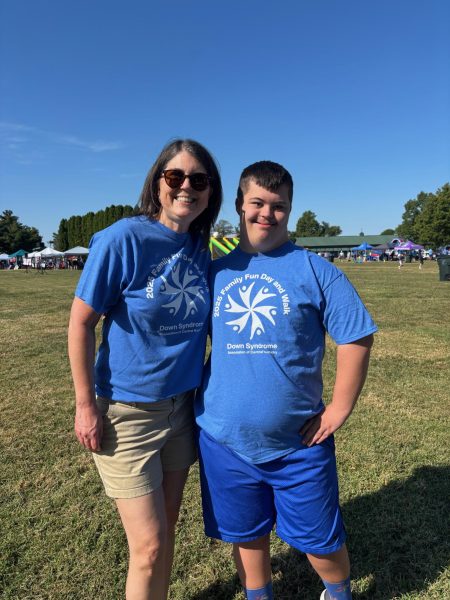Teagan’s AP Survival Guide
As someone who has taken and passed multiple AP exams, here’s my advice. I like to call it AP Survival Guide.
AP Exams have begun, so this time of year is the most stressful for everyone: teachers, students and parents. But proper preparation for AP Exams could ease some of that stress.
In my survival guide, I have 5 key tips that saved my exam scores and as AP World History teacher Mrs. Michelle Williams likes to say, “I got [my] $7,000.”
-
Start Studying Early
Obviously it’s a little late to start studying, but some is better than none. The best time to start studying is right around spring break. When you begin, it’s easy to slowly go through the course material and make sure you understand all of the content. Plus, it’s during a break so there’s no extra homework over new ideas that will confuse you. And remember for future reference, try not to cram right before the test. That will only lead to increased stress, a worse understanding of the material, and lower test scores.
-
Find The Method That Works For You
Finding the right way of learning can be confusing, but once you find it school becomes much easier. For some people, reading and re-reading notes is the best way to study and for them it really works. For others, taking practice tests from Princeton Review or Barron Review Book is the most productive way to learn. Personally, I’m a fan of study videos. When studying for AP World History I watched the entire Crash Course series, though they have also produced playlists for other topics like AP U.S. History, Biology, and European History.
-
Understand, Don’t Memorize
There isn’t anything wrong with some memorization, but what if you forget something? A total understanding of a topic is much more valuable than just being able to recall specific details. During AP math exams, there are hundreds of theorems, formulas, and identities you have to remember, but it’s impossible to memorize them all. That’s why understanding is the key. If you understand a topic and know why a certain formula is a way it is, you don’t need to memorize that formula because you’ll be able to figure if you do happen to forget it.
Now the exam has begun and you don’t really know what to expect, but here are a few things to do and not to do once the time has started.
-
Don’t Drink Too Much Water
Hydration is important, but you need to make sure you take advantage of your time and not waste precious minutes going to the bathroom. Sip on some coffee or tea before if you have a morning exam, and take a few swigs of a water bottle during the break, but do not, under any circumstances, chug any kind of liquid. Those few minutes wasted on a potty break could have bumped you up a point to a passing grade. Plus, be sure to go to the restroom during the break between sections, take advantage of that as well.
-
Keep An Eye On The Clock
This one seems pretty straight forward, but it is the most important advice I can give you. Don’t get too zoned into the test and take extra time on just one question. If you’ve spent more than one minute on it and still can’t get it, it’s time to guess and move on. Keep the question number in the back of your head in case you have a spare minute or two after you finish that section. Another time to make sure you keep pace is during the essay portion. On every exam there is a free response section in which you will have to complete multiple essays/problems. The proctors will not tell you when to switch to another one if you’ve exceeded the recommended time, so you must keep track of yourself.

I'm Teagan Garrison and I have been on Lamplighter for two years. I have been the Torch Podcast Editor for most of my time on staff, and can't wait to...



